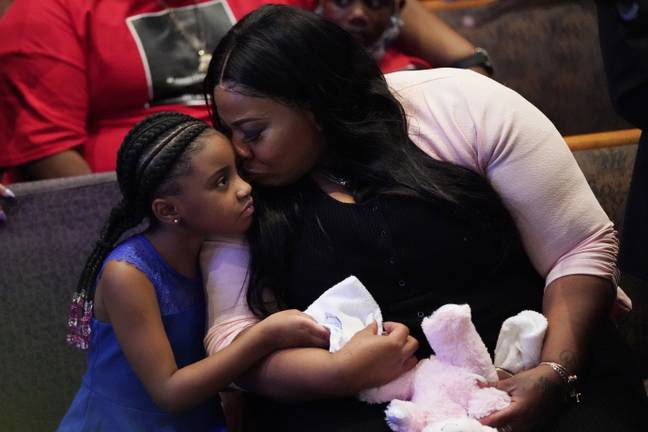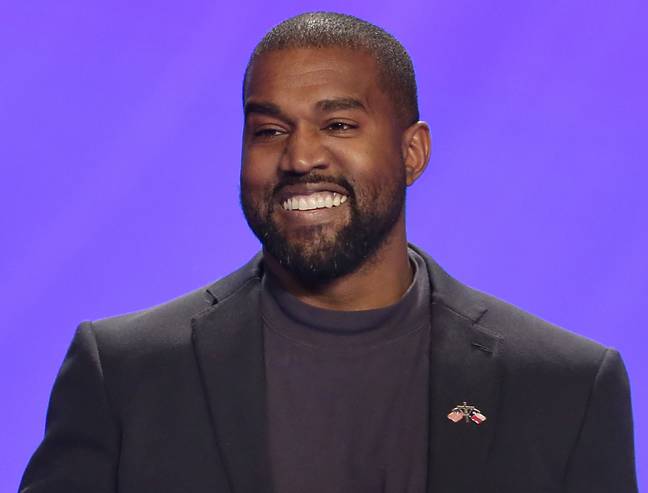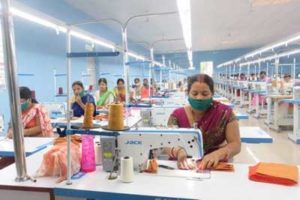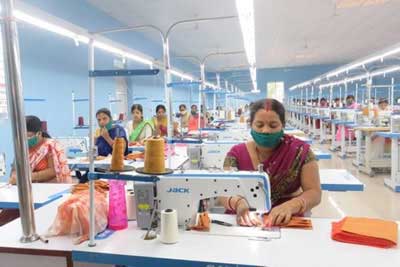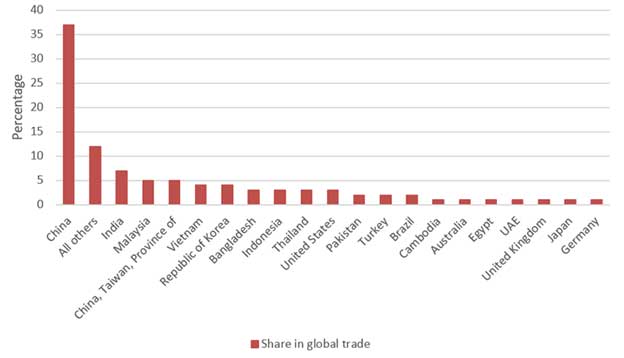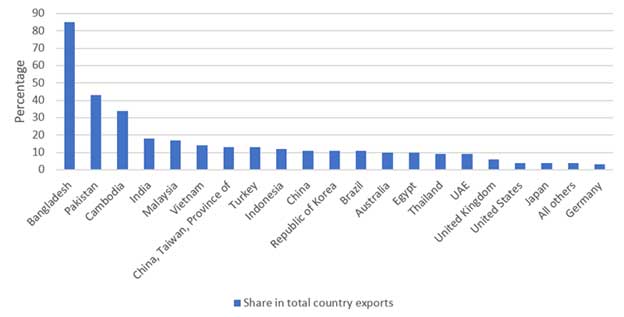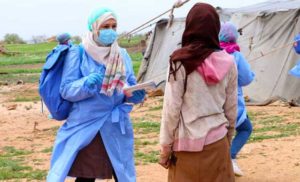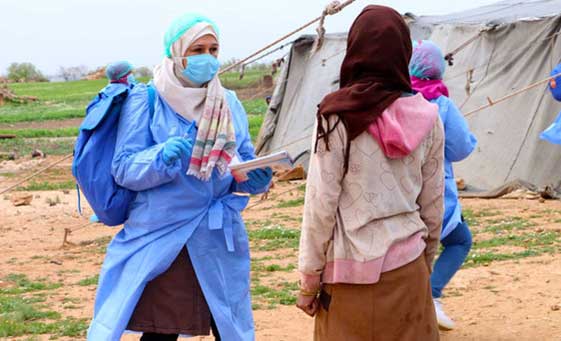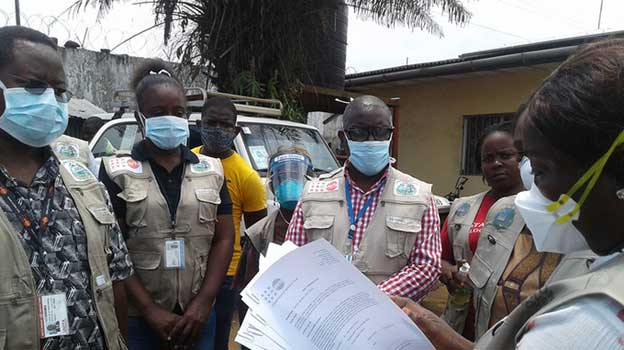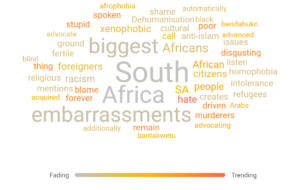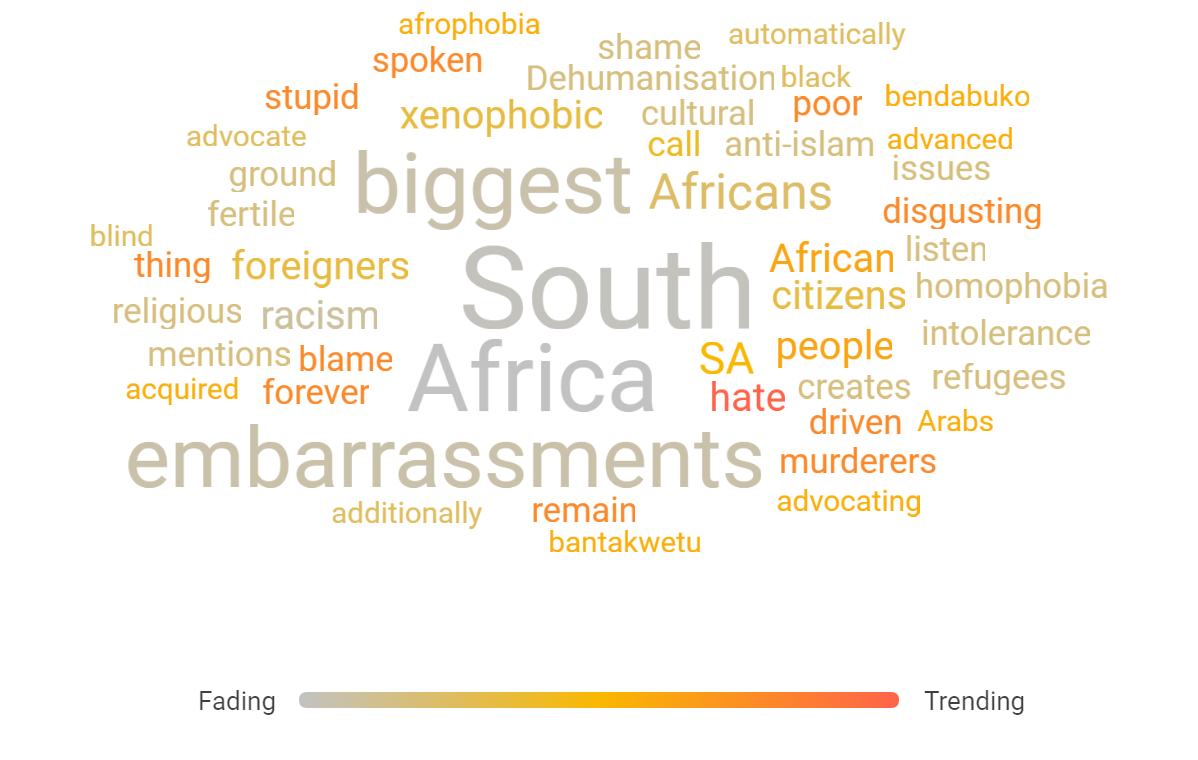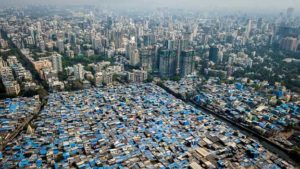
Civil Society, Development & Aid, Editors’ Choice, Featured, Global, Global Governance, Headlines, IPS UN: Inside the Glasshouse, Poverty & SDGs, TerraViva United Nations
Johnny Miller is a photographer, documentary maker and UN-Habitat Champion based in Cape Town South Africa.

High rise apartments & green spaces contrast with the adjacent sprawling slum area in Mumbai, India. Credit: Johnny Miller
– From shocking death tolls to widespread job losses, there is no understating the severity of the COVID-19 pandemic’s impact on the world’s cities.
Health care systems, economies, and social lives have been upended by a virus for which the world was totally unprepared.
But even as cities struggle with basic needs like providing a safe environment for all, there is as an opportunity for long-lasting changes to make our cities both more prosperous and equitable and less vulnerable to future shocks such as highly contagious diseases.
Cities and local governments should be recognized for steps they are already taking to build public health, social, and economic resilience during this crisis. They are disinfecting public transport and are keeping public spaces clean.
They are mobilizing both professional and volunteer networks to source, make, and distribute personal protective equipment for frontline workers. They are making sure food reaches older persons who are self-isolating for their own safety and struggling families with children who are no longer going to school, being challenged equally by new ways of working such as home schooling and home office.
This unprecedented moment requires emergency action and social solidarity. We can seize on this brief window to “retro-fit” and make permanent improvements by both delivering the fundamentals of sustainable cities from the pre-pandemic era and adopting the measures that are likely to be necessary in the post-pandemic era.
Our future cities need to be resilient, sustainable, inclusive and equitable. They need to be forward-thinking, able to innovate and better positioned to withstand shocks and catastrophes like the Covid-19 pandemic.
To do this they will need to respect core human values of dignity and care, and invest in citizens’ health along with decent shelter, clean water, and free education. They will recognize that diversity is a strength, and that achieving equality of outcomes for all means safeguarding the rights of expression and culture.
Future cities must rethink and reorganize their built environment using the lenses of equity and access. COVID-19 has exposed the reality of profoundly divided populations. Regenerating neglected urban areas can bring healthy, sustainable benefits to local communities, which in turn increases city resilience as a whole.
Connecting communities with people-friendly parks, green spaces, and community-aligned infrastructure allows neighborhoods to prosper and thrive once more.
We see some cities embrace the “new normal’. Lyon has a plan to more permanently house 1,500 homeless people who were offered temporary shelter during France’s lockdown. Cities around the world have closed streets to cars in order to provide more space for pedestrians and cyclists.
Already, Seattle and Paris have said some of those changes will be made permanent. Bogota, one of South America’s most cycle-friendly cities and already a leader in sustainable transport, just dedicated over 70 more kilometers of bike lanes on top of the 550 that already exist.
With the disruption of global supply chains and long-distance air travel, it is possible that future cities will look and act more locally, with localized and self-sustaining networks of food production, green spaces, and even power generation.
By moving away from a reliance on overseas producers, we can unlock the true value of neglected assets and resources within communities which currently lie dormant.
At the same time, the cities of the future will be more reliant on digital technology and the wide utilization of the internet even as children learning from home eventually go back to school and knowledge workers connecting remotely will eventually return to spending more time in the offices again.
Even in the poorest regions of the world, city dwellers are beginning to rely on the internet for education, business, banking, and social relationships. COVID-19 has already opened our eyes to a world where only those with the freedom and privilege to be able to access the online world are the ones able to access all society has to offer.
The current crisis provides an opportunity for cities to ensure that digital services are available to everyone, but they need to take a proactive approach to digital technologies.
This could include investing in community broadband and free public wi-fi, providing digital literacy and skills to older people and marginalized communities and making websites and online platforms accessible to people with disabilities. Bridging the digital divide, already a pre-pandemic challenge, will be essential to building back better neighborhoods.
The good news is that many cities already see the benefits of resilient, inclusive societies, and some areas like Kerala state in India are weathering the COVID-19 storm well even without massive financial resources.
This is showing that focusing on public health delivery in a compassionate, equitable way, is just as important as economic stimulus to the recovery of a region once the pandemic is over.
The choices we make in the next year will define our societies for an entire generation and perhaps beyond. Let’s use this opportunity as a fulcrum to leverage the future that we know we can build together.


